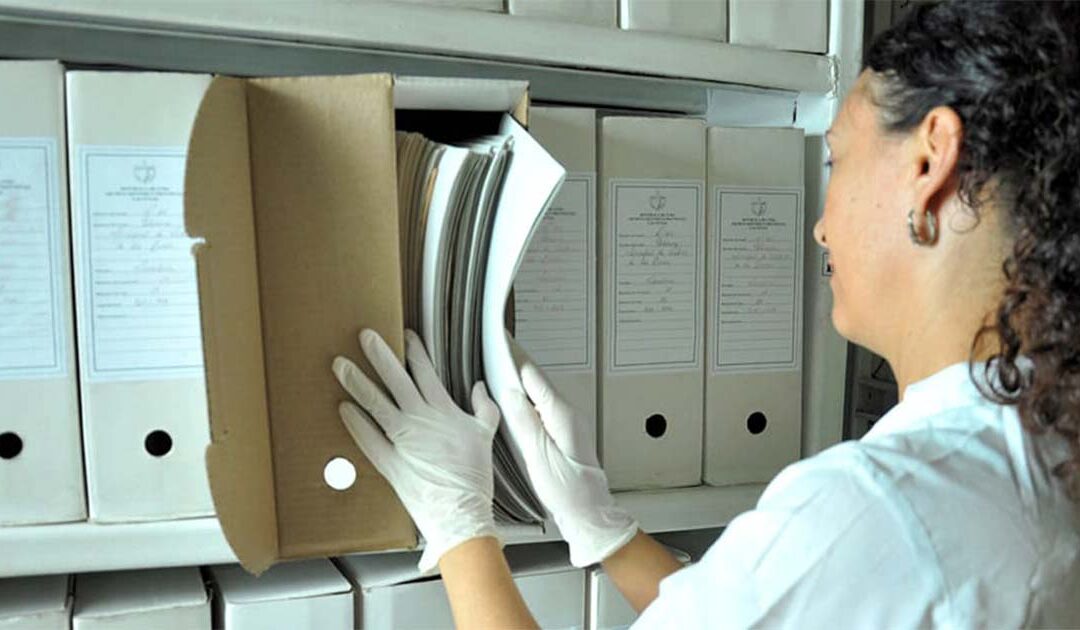Clear, concise archival descriptions improve accessibility, support discoverability, and enhance the research experience. In this article, we’ll explore best practices for crafting finding aids that are both informative and engaging.


Clear, concise archival descriptions improve accessibility, support discoverability, and enhance the research experience. In this article, we’ll explore best practices for crafting finding aids that are both informative and engaging.

Managing and arranging mixed-media archives requires balancing the unique needs of physical and digital records. Discover best practices for metadata, organizational structures, and cross-referencing to ensure seamless access and long-term preservation.

Arranging digital archives comes with unique challenges, requiring new strategies to preserve context, manage volume, and ensure long-term access. How can archivists adapt to safeguard digital heritage?

Archival arrangement is the foundation of efficient records management, ensuring materials are structured for preservation and accessibility. Guided by the principles of original order and provenance, archivists maintain the integrity and context of collections, allowing researchers to uncover valuable historical insights.
The path to sustainability in special libraries combines technological advancement, waste reduction, collection digitization, and community education.
Once the need for an archives is established and the necessary approvals have been secured, the next phase involves setting up the archives.
Starting an archives in any institution is crucial to preserving its history and ensuring that vital records are maintained for the future.
Archival surveys are powerful tools for improving collection management. By surveying collections, archivists can gather essential data that inform preservation, access, and resource allocation.
I recently interviewed Grace Muñoz about her work at the Texas Archive of the Moving Image. Her work on improving the discoverability of the multimedia collection is fascinating.
Conducting a comprehensive archival survey is critical to successfully managing archival collections.
The Catholic Diocese of Arlington’s Director of Archives selected ArchivEra to manage their collections of historical and cultural significance, and strike a balance between security and access.
The transformative power of storytelling depends upon the strategic choices that top archival performers make and the shift from being record-keepers to change agents.
Effective measurement is the key to assessing the impact of archival endeavors. Archivists play a crucial role in preserving historical records, and their efforts are best evaluated through well-defined benchmarks.